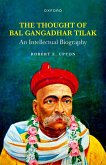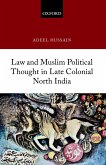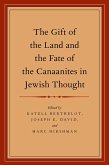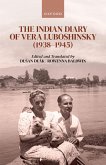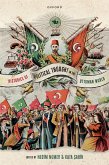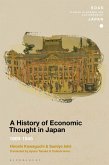This work is a systematic study of Bal Gangadhar Tilak's thought, focusing on his views on 'communal' relations within the Indian polity, on caste and reform in Hindu society, and on political ethics regarding violence and non-cooperation. The Thought of Bal Gangadhar Tilak adopts a contextualist approach, situating his ideas in local Maharashtrian as well as pan-Indian and global cultural-intellectual contexts. The approach blends Tilak's quotidian journalism and speeches alongside his canonical texts on Aryan history and on the Bhagavad Gita. The work marks a departure from current interpretations, emphatically arguing that he is misappropriated and/or misunderstood as a proto-Hindutva thinker. Instead, he is revealed to be a radical liberal who supports counter-autocratic violence, a majoritarian pluralist in terms of intercommunity relations, a self-strengthening reformer focused on masculinity, committed to reshaping India for the challenges of modernity? something fused in his thought with a resilient Brahmin supremacism. This book lays emphasis on his remarkable recognition as the nation's 'founding father' and particularly demonstrates how his appropriation by Gandhi was in turn contested by those emphasising Tilak's embrace of violence, particularly in the crucial mid-1920s period when he was indelibly linked to re-emerging Hindutva. More recently, growing ahistorical demi-official insistence on his social progressivism illustrates a change in India's public culture, as does the use of popular or even legal pressure to de-legitimize perennial criticism of Tilak's socio-political positions.
Dieser Download kann aus rechtlichen Gründen nur mit Rechnungsadresse in A, B, BG, CY, CZ, D, DK, EW, E, FIN, F, GR, HR, H, IRL, I, LT, L, LR, M, NL, PL, P, R, S, SLO, SK ausgeliefert werden.



